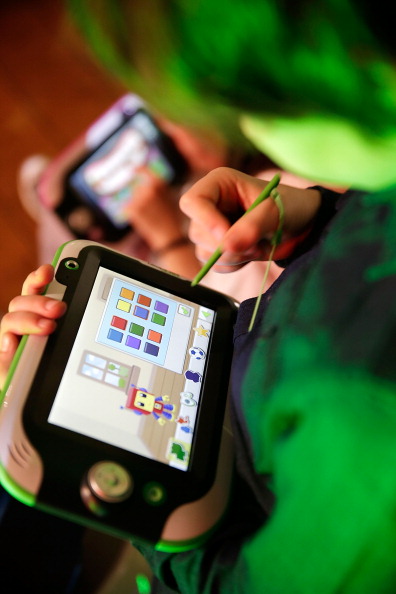
A company-funded pilot study has found that children who have attention deficit hyperactivity disorder (ADHD) show some improvement in their symptoms after playing a videogame for 30 minutes a day. The specially designed game is called Project: EVO and was created by Akili Interactive Labs.
The pilot study involved 80 children aged 8 to 12 and was conducted by a team of researchers led by Dr. Scott Kollins, professor of psychiatry and director of the ADHD Program in Duke University School of Medicine. Half of the children had been diagnosed as having ADHD, but had not been previously treated for it. The other half of the children had no known problems with attention. They were asked to play a mobile game using a tablet for about 30 minutes a day, 5 days a week, for a month. In the game, the player has to steer a character down a river while making decisions about objects that appear on screen.
After the month, tests were run to measure the children's attention span, impulsivity, and working memory. The researchers found marked improvement in the group with ADHD, with improved working memory and levels of attention. There was a high compliance rate (81%) among the children who played the game.
The results were presented at the American Academy of Child and Adolescent Psychiatry's 62nd Annual Meeting.
Akili Interactive Labs said that it would move ahead with a larger randomized trial. If that study shows that the game helps with ADHD symptoms, the company will support a filing with the Food and Drug Administration for use as a therapeutic agent. FDA approval would allow the game to be prescribed as a therapy. Akili specializes in making videogames that help with medical conditions.
Project: EVO is a kid-friendly mobile game based on a technology made by the lab of Dr. Adam Gazzaley, a professor of neurology at the University of California, San Francisco. Gazzaley's technology is found to help improve working memory and attention in adults when used as at-home interventions.
About 9.5% of children aged 3 to 17 in the United States have ADHD, according to the Center for Disease Control and Prevention.
